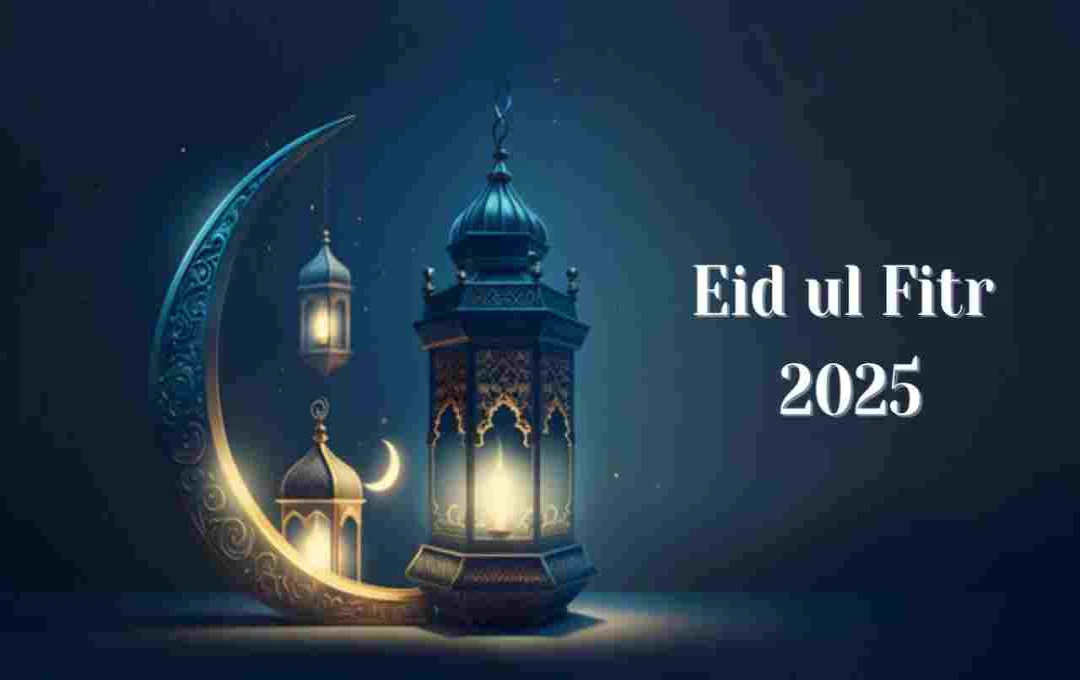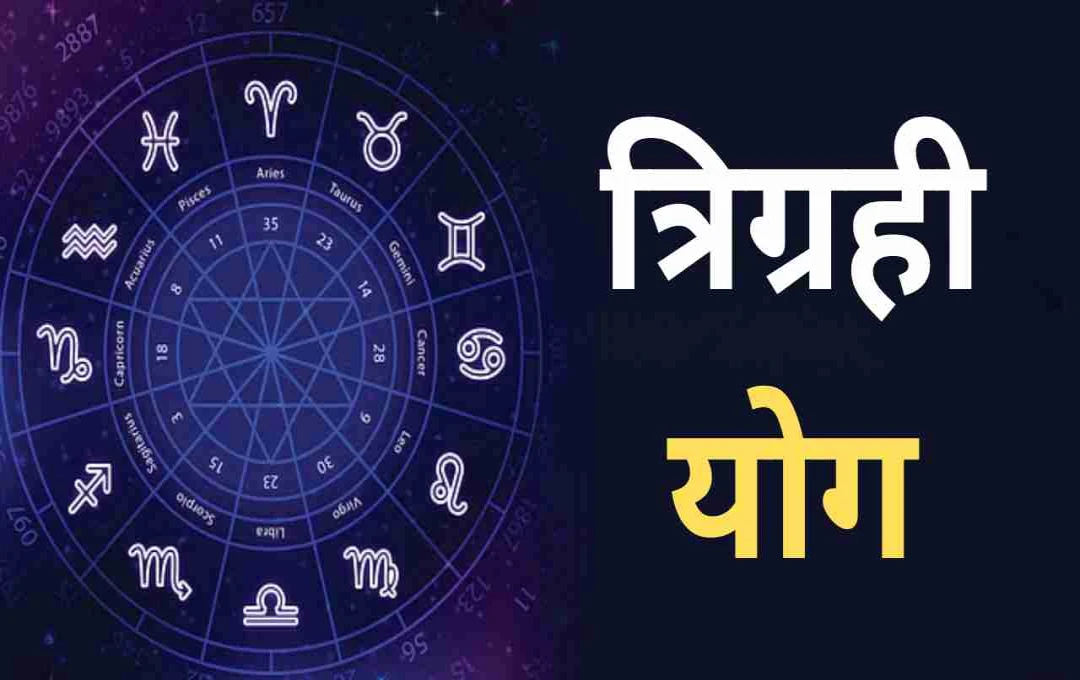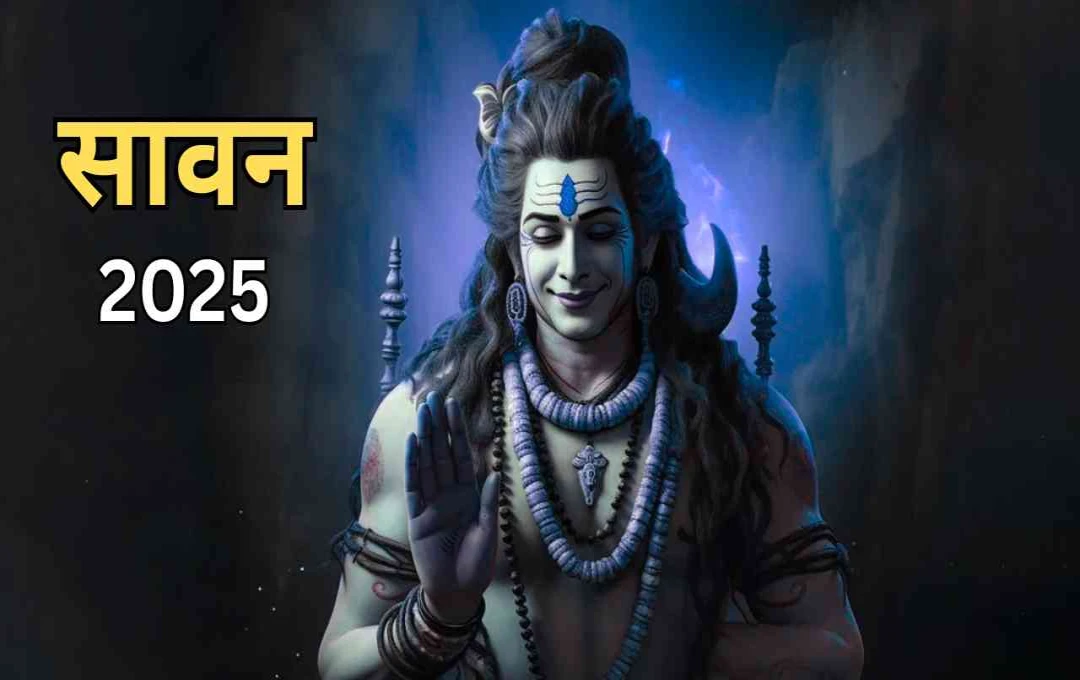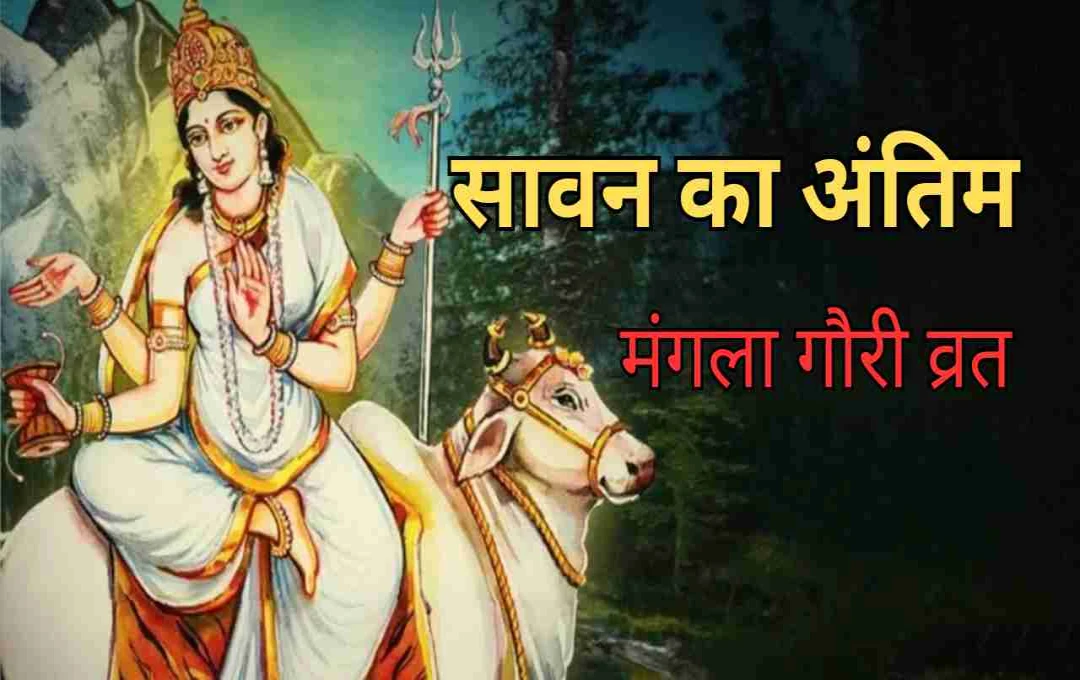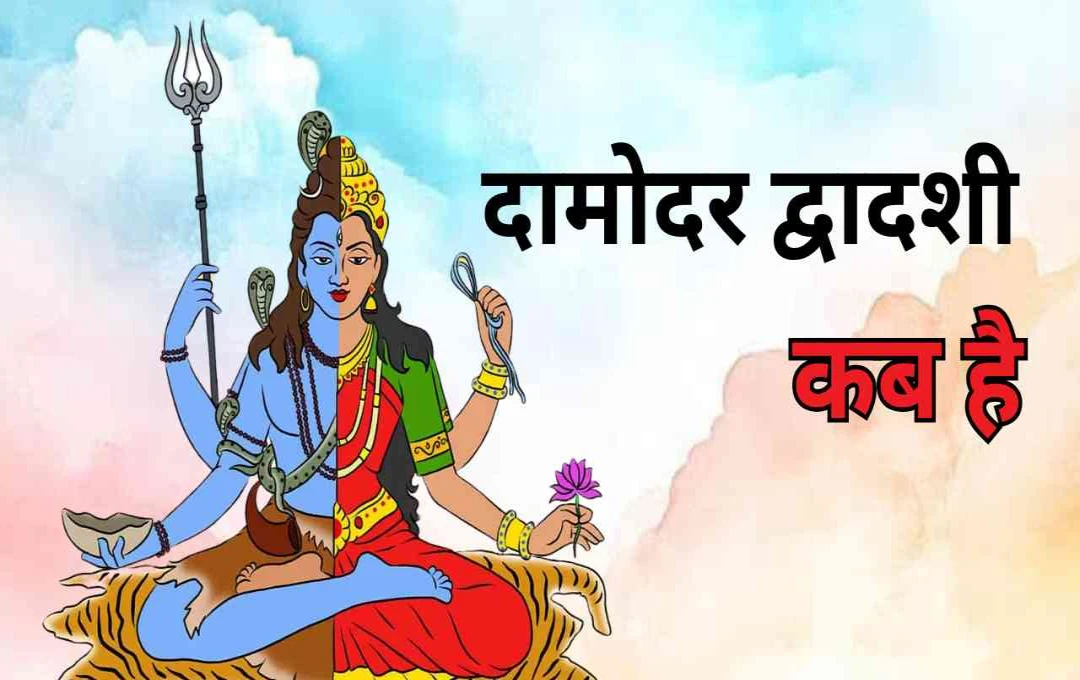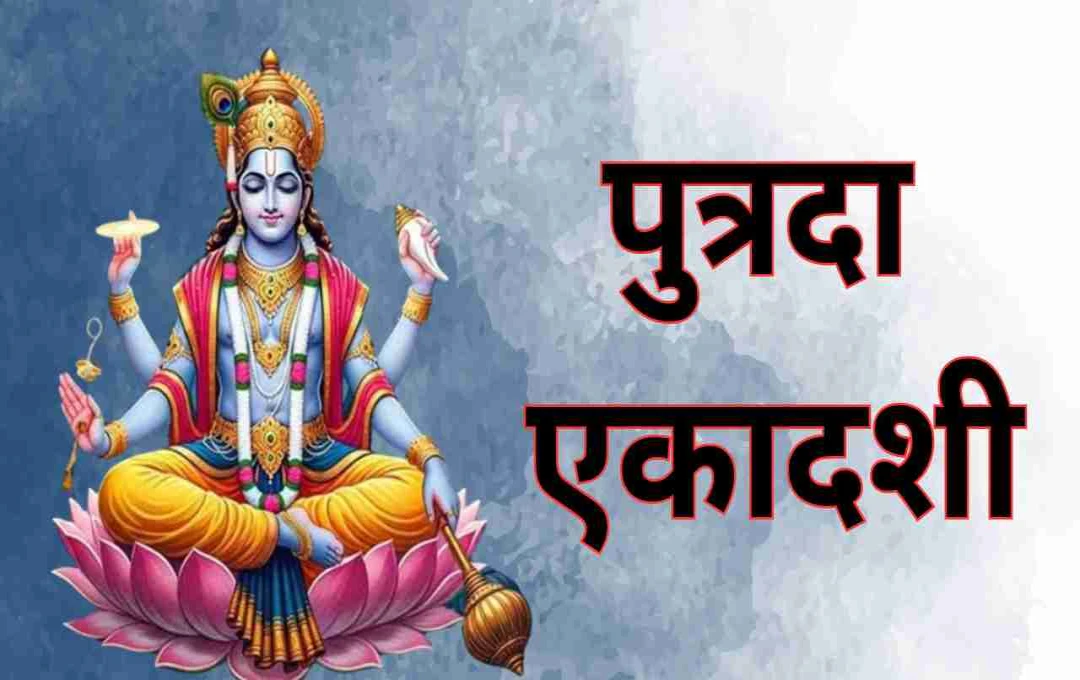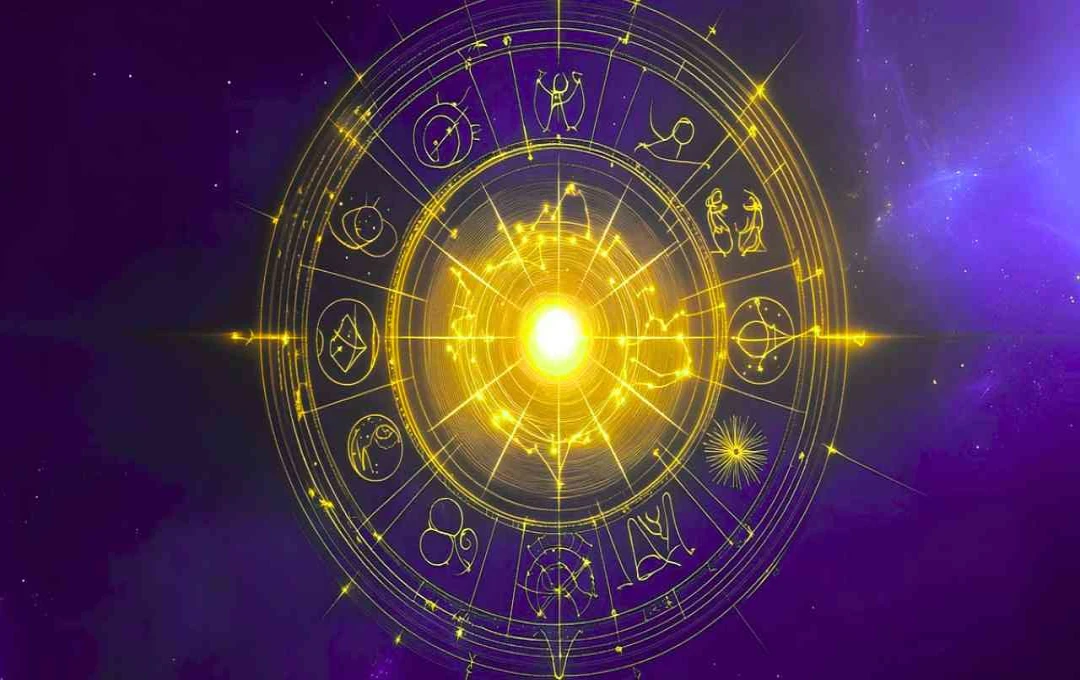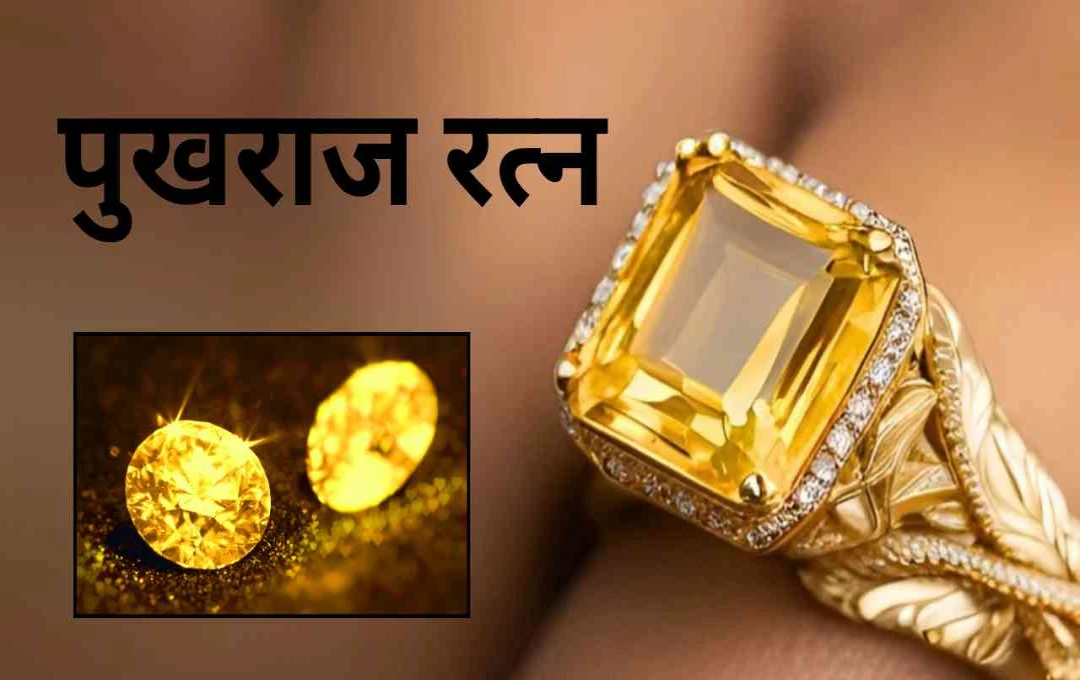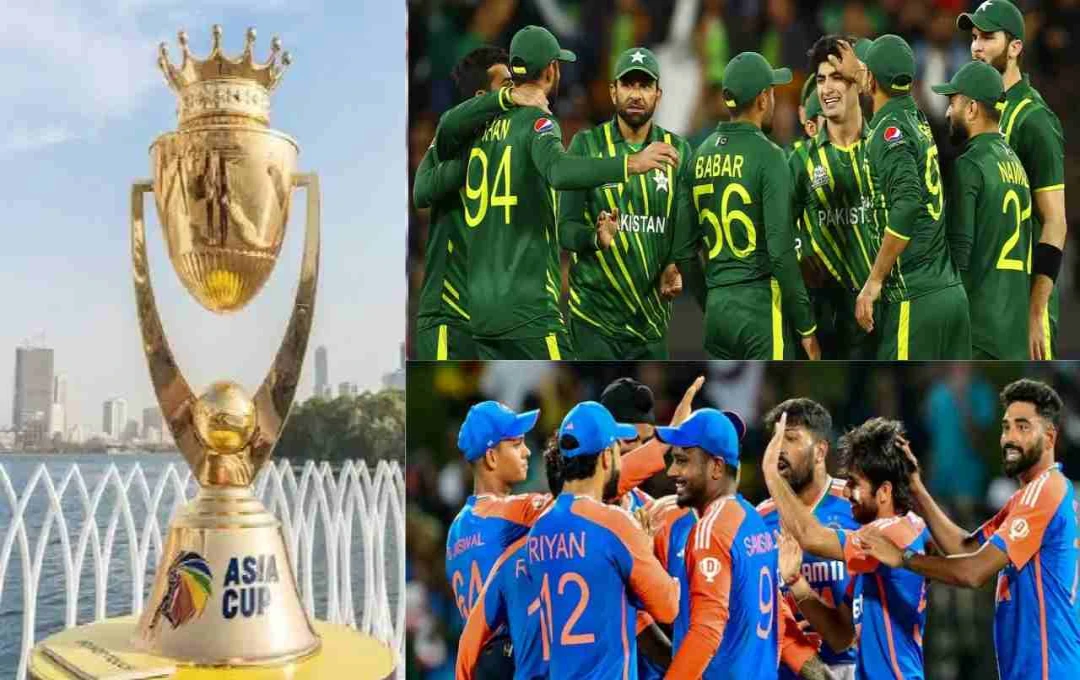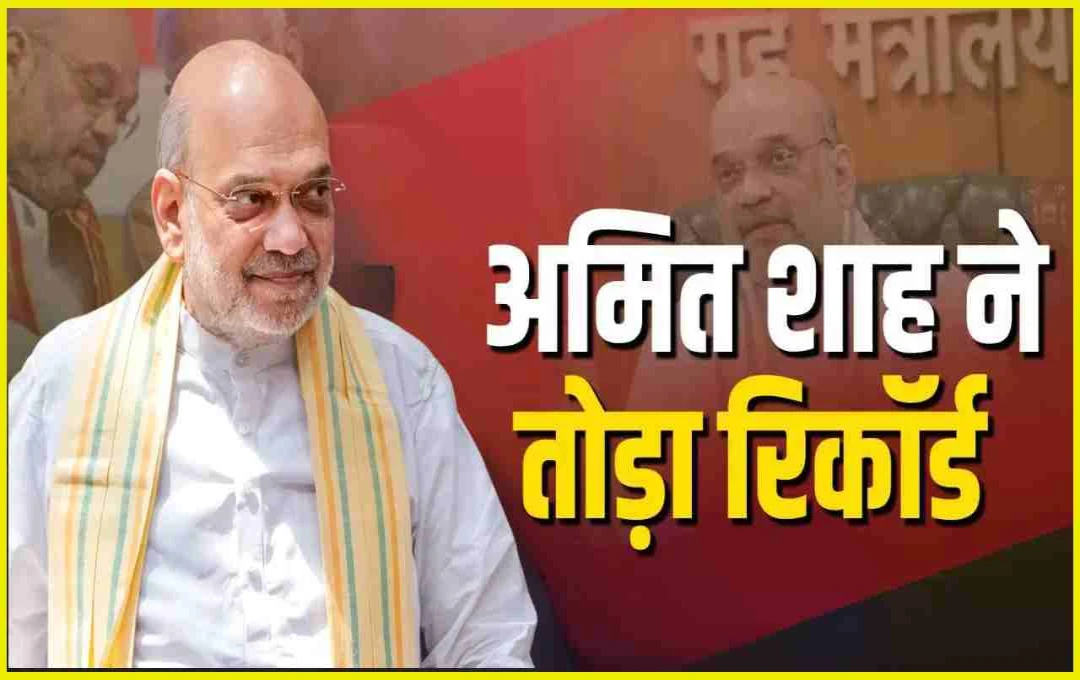The joyous celebration of Ramadan is underway globally, with Muslims observing the holy month through fasting and devotion. As Ramadan nears its end, anticipation for Eid-ul-Fitr grows. This year, Eid-ul-Fitr is expected to be celebrated on April 1st, provided the new moon is sighted on March 31st. Let's explore the significance, history, and customs of this important festival.
Eid-ul-Fitr's Significance: A Message of Gratitude and Unity
Eid-ul-Fitr, also known as the "Sweet Eid," is one of the most significant festivals in Islam. It marks the end of Ramadan and serves as an occasion to express gratitude to Allah. During Ramadan, the Muslim community practices self-discipline and patience through fasting. Eid-ul-Fitr celebrates the successful completion of this spiritual journey and purification.
This festival underscores the importance of unity, charity, and philanthropy within the community. Zakat-ul-Fitr, a charitable contribution to the poor and needy, is given during Eid. This act of charity is a religious duty and encourages collective empathy and generosity.
Eid-ul-Fitr's History: A Tradition Originating with Prophet Muhammad
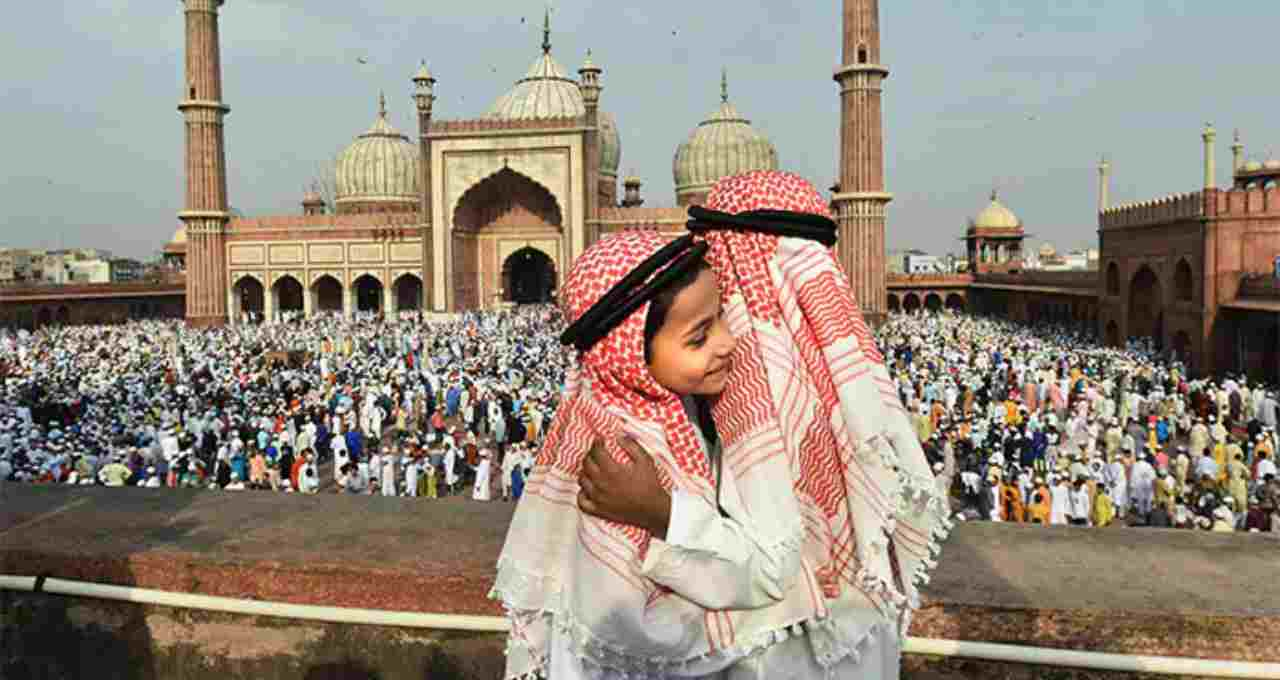
The history of Eid-ul-Fitr is linked to the time of Prophet Muhammad. It was first celebrated in 624 AD, after the Prophet's migration from Mecca to Medina. Two pre-existing pagan festivals in Medina were adapted into Islamic traditions, marking the beginning of Eid-ul-Fitr. Since then, it has become a symbol of the culmination of Ramadan and a new beginning for Muslims.
Celebrating Eid Globally: A Confluence of Cultures and Traditions
The joyous occasion of Eid-ul-Fitr is celebrated in diverse ways across the globe. On Eid day, people wear new clothes and attend special prayers at mosques or Eidgahs. After prayers, it is customary to embrace each other and exchange greetings of "Eid Mubarak." Special sweets and dishes are prepared at home; traditional dishes like Sewaiyan, Sheer Khurma, and Biryani are enjoyed. Family and friends gather, exchanging sweets and sharing in the festivities.
A Symbol of New Beginnings: Sharing Joy Together
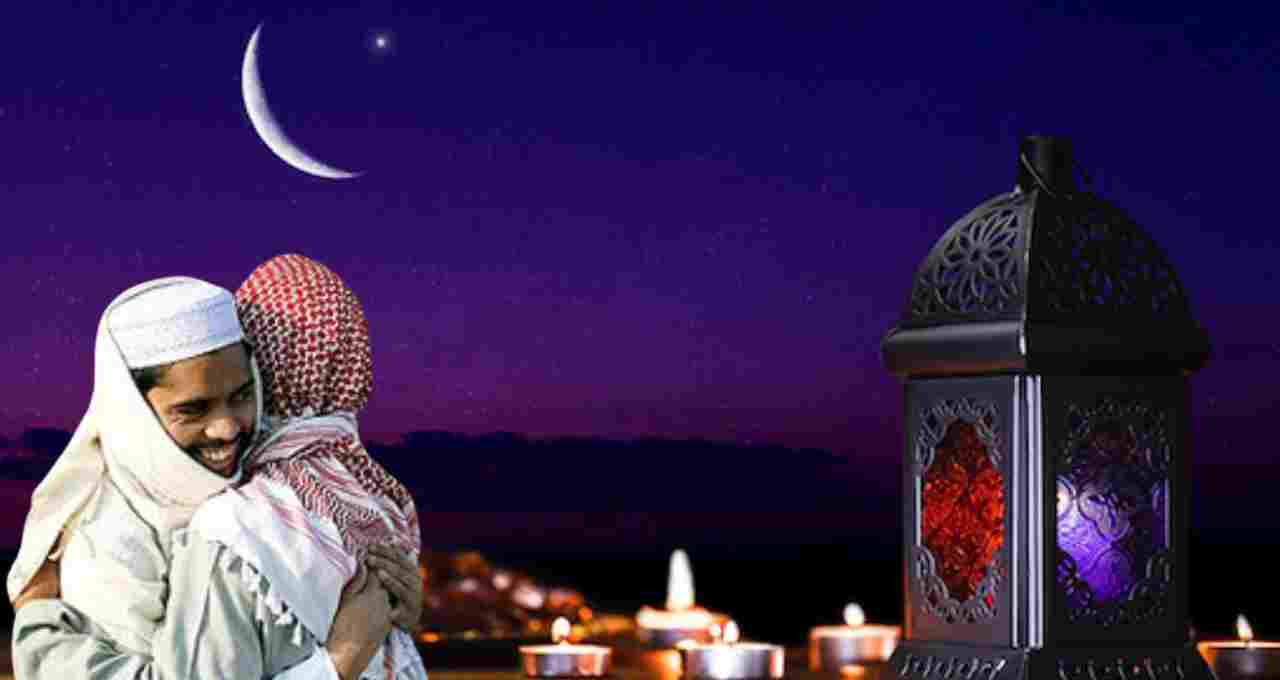
The message of Eid-ul-Fitr is not only religious but also humanistic and social. This festival signifies that the end of hardships leads to a new beginning. The fruits of self-restraint and sacrifice during Ramadan are reaped in the form of Eid. Eid-ul-Fitr is not only an opportunity to express gratitude to Allah but also promotes mutual love, harmony, and brotherhood. This year's Eid will bring a message of renewed enthusiasm and joy, where everyone will embrace each other, infusing positivity into life.
